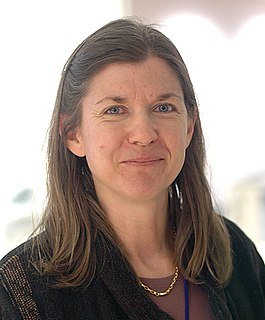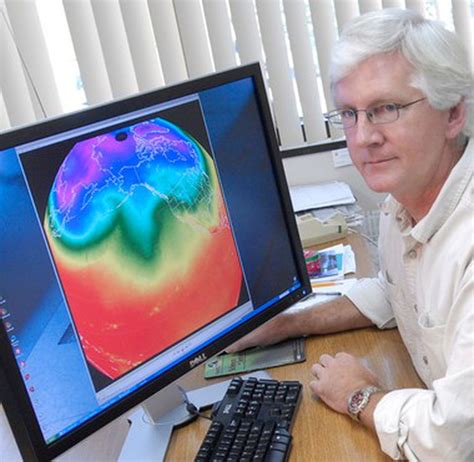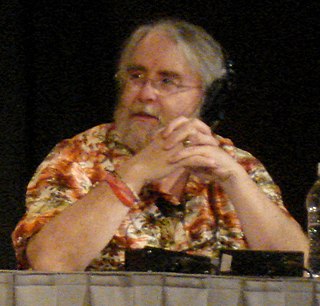A Quote by Michael Crichton
Finally, I would remind you to notice where the claim of consensus is invoked. Consensus is invoked only in situations where the science is not solid enough. Nobody says the consensus of scientists agrees that E=mc2. Nobody says the consensus is that the sun is 93 million miles away. It would never occur to anyone to speak that way.
Related Quotes
Historically, the claim of consensus has been the first refuge of scoundrels; it is a way to avoid debate by claiming that the matter is already settled. Whenever you hear the consensus of scientists agrees on something or other, reach for your wallet, because you're being had. The greatest scientists in history are great precisely because they broke with the consensus.
Science is science. Science is what is. After discovery, tests, trial, if a consensus of scientists today said that the sun orbits around the earth, would we say that they're right simply because there is a consensus? No. Because we know the earth orbits around the sun just as if there were a consensus that the earth is flat would we agree with them? No. So there can't be a consensus on something that hasn't been proven. This is a political movement. This whole global warming thing is a political movement.
The work of science has nothing whatever to do with consensus. Consensus is the business of politics. Science, on the contrary, requires only one investigator who happens to be right, which means that he or she has results that are verifiable by reference to the real world. In science consensus is irrelevant. What is relevant is reproducible results. The greatest scientists in history are great precisely because they broke with the consensus.
Politicians and some of the scientists like to say that there's a consensus now on global warming or the science has been settled, but you have to ask them, what is there a consensus on? Because it really makes a difference. What are you talking about? The only consensus I`m aware of is that it's warmed in the last century. They completely ignore the fact that there's this thing called the Oregon petition that was signed by 19,000 professionals and scientists who don't agree with the idea that we are causing climate change.
I have this idea of a Taiwan Consensus, which means people in Taiwan have to get together and form a consensus of their own and that they turn around to talk to the Chinese to form a cross-strait consensus so we can build a relationship on that consensus. And in my view, that is the right order to do things.
There is no science in global warming. "Mr. Limbaugh, that's typical of what you! That's the most outrageous statement I've ever heard anybody ever make! No science in global warming?" Do you know how I know there's no science in global warming, folks? Because they tell us a "consensus of scientists" agrees that X. There is no consensus in science.
It is true that we need a consensus to go forward with restoring passenger rail in America, and often a consensus is formed by political action, via government. That is all true. But we have no such consensus, and no one in government or politics these days has the will or the force of personality or perhaps even the understanding of the situation to get on with job of forming a consensus supporting rail.






























